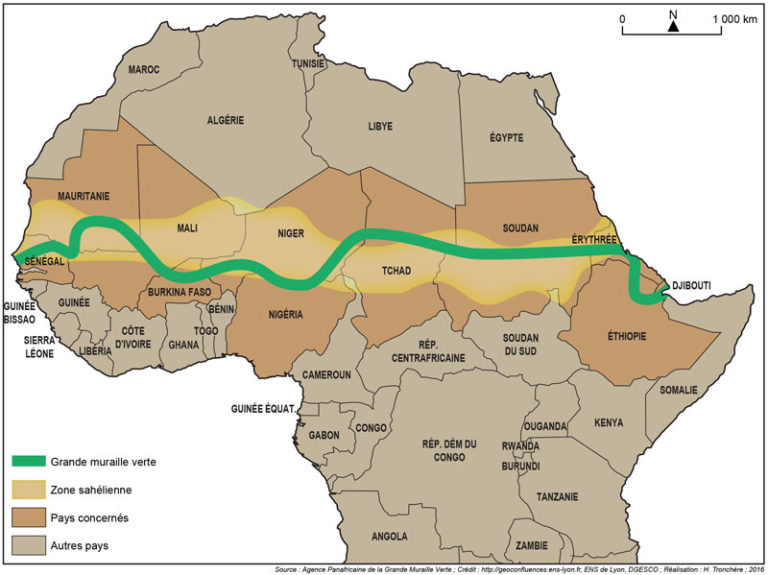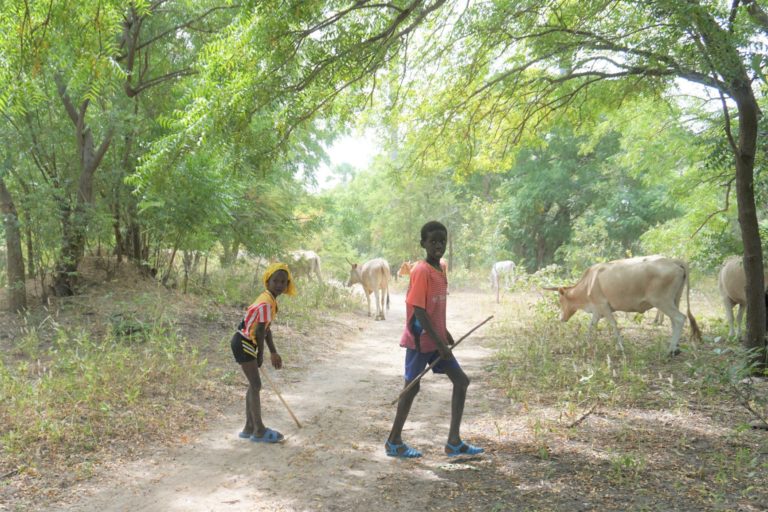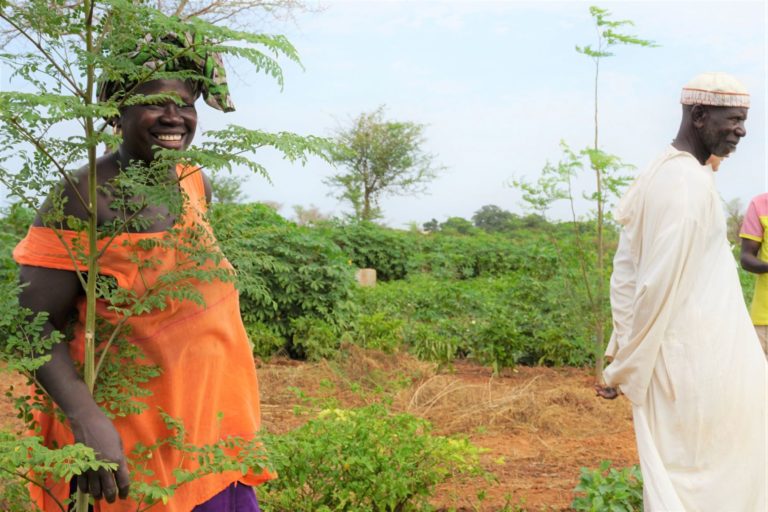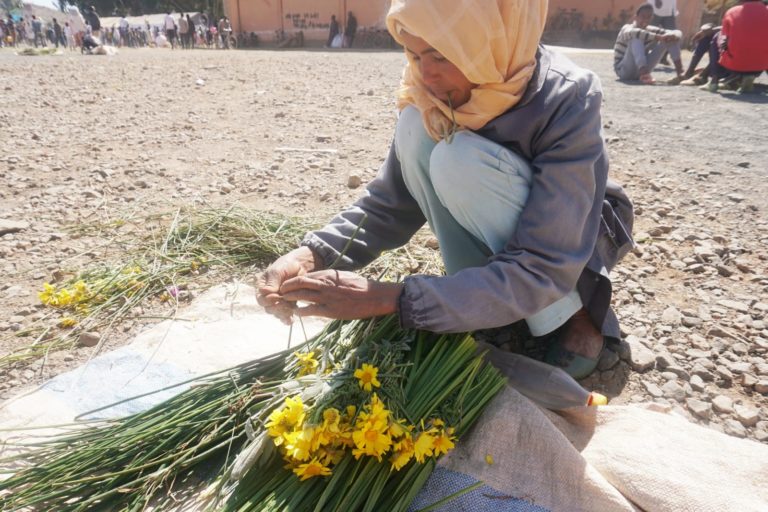Regenerating landscapes and improving livelihoods in the Sahel region (REGEN-SAHEL)
A systemic contribution to climate change adaption and the Great Green Wall Initiative




“By 2030, the ambition of the initiative is to restore 100 million ha of currently degraded land; sequester 250 million tons of carbon and create 10 million green jobs. Once complete, the Wall will be the largest living structure on the planet – an 8,000 km natural wonder of the world stretching across the entire width of the continent.” (United Nations Convention to Combat Desertification, UNCCD)
The Great Green Wall is an ambitious multinational project that aims to restore the landscapes across the Sahel region. It also seeks to contribute to other related Sustainable Development Goals (SDGs), such as food security, poverty reduction and climate action. Since its launch in 2007, millions of trees were planted and Sahelian landscapes restored. However, there is still a long way ahead to plant the 8,000 km long Green Wall covering 156 Mha.
Partner: The REGEN-SAHEL project is coordinated by the Edhen team. Bringing together multiple stakeholders and world-class experts for maximum regenerative impact. The multidisciplinary consortium is in development, with first partners in Switzerland as well as local partners in East and West-Africa. Interested international and local partners are welcome to join, including generous founding partners.
Vision: Systemic climate change adaptation strategies co-developed, landscapes restored, farm productivity increased & lives improved.
Mission: The transdisciplinary R&D teams will conduct holistic evaluation, development and design exercises to co-develop people and place specific development solutions. Advancing the social, ecological and economic sustainability of the selected farming communities. The project will focus on 3 countries located in the eastern, western and central parts of the Sahel zone.
Objective: To regenerate landscapes and improve livelihoods of selected villages located in the eastern, central and western regions of the Sahel, and to contribute to the Great Green Wall Initiative. All the regenerative R&D activities will be co-developed and implemented together with local communities and experts. Furthermore, the objective is not to re-invent the wheel but rather to complement and grow promising approaches and initiatives.
- Regenerative Work Package 1 (RWP1): Systemic coordination. In contrast to traditional coordination of R&D programs, an innovative approach will be applied. To facilitate effective collaboration among the multidisciplinary teams. Based on new methods and tools, e.g. Sociocracy 3.0.
- RWP2: Collaboration process and exchange platform. An innovative collaboration approach and a platform for exchange will be co-developed and applied. Adapted to the technical and cultural context of the target regions. By applying i) innovative collaboration and organization models, and ii) using latest collaboration tools and technologies.
- RWP3: Holistic evaluation. Evaluation tools will be adapted and applied, to understand local cultures, knowledge, resources, farming systems and ecosystems. Based on the holistic assessment of the local context, systemic strategies and regenerative technologies will be co-developed (RWP4).
- RWP4: Agroforestry and climate smart design. The tasks of this central RWP are to co-develop ecosystemic designs for climate change adaptation and mitigation. With a focus on developing adapted agroforestry systems comprising trees, crops and pastoral systems. In order to restore landscapes, increase food production, address climate change & conserve biodiversity.
- RWP5: New tools for regenerative design & development. Adaptation and application of GIS applications and interactive maps for participatory landscape assessment, planning and restoration. The basic factors informing our whole system design are the local landscape and watershed characteristics. Towards adapted agroforestry designs (RWP4) as well as improved water management and solar orientation (energy supply).
- RWP6: Regenerative economies. R&D to co-explore: i) Processing and launching new tree products; ii) Carbon finance schemes adapted to agroforestry, similar to Reducing Emissions from Deforestation and forest Degradation (REDD); iii) Development of regenerative agripreneurship and climate smart enterprises, including farming cooperatives and associations.
